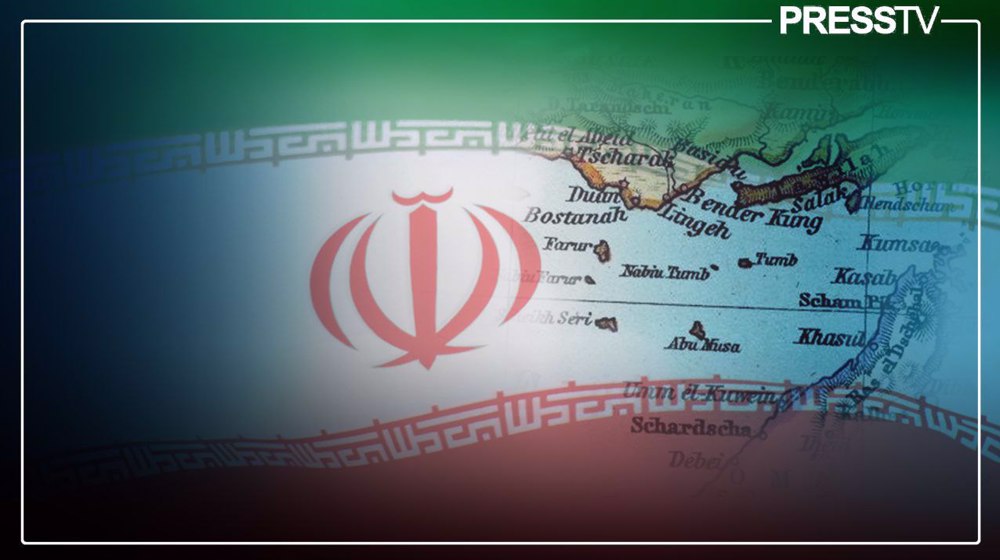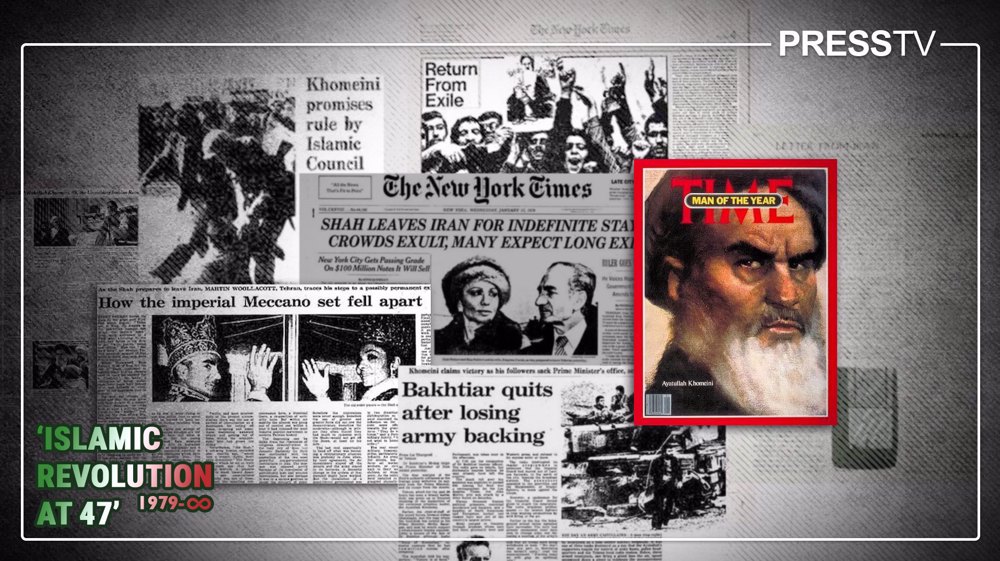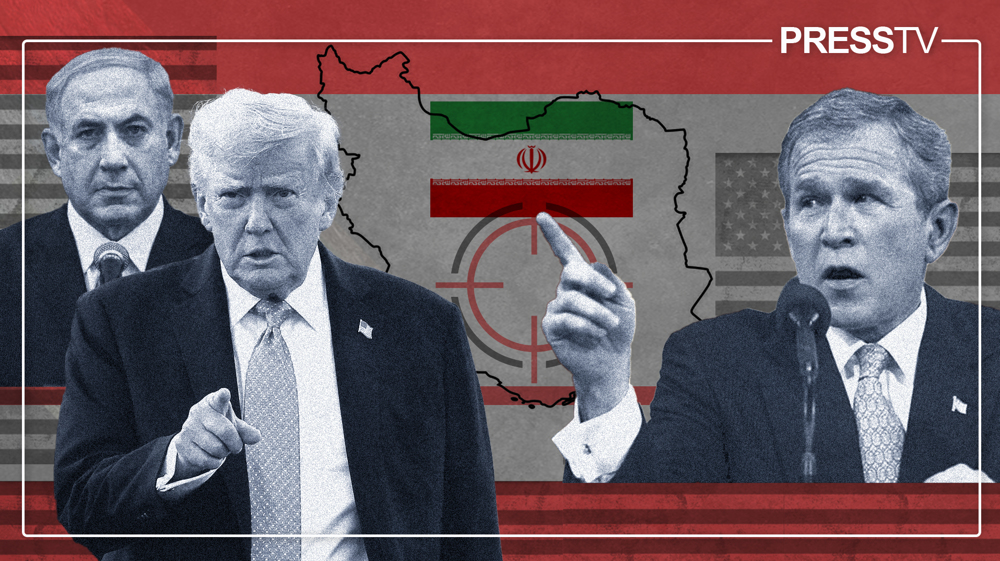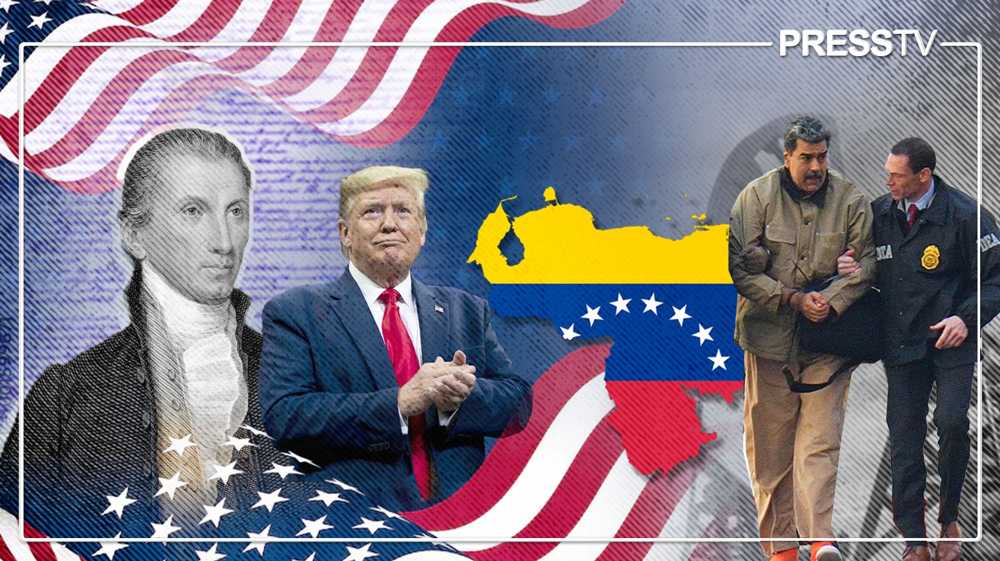Explainer: The past, present, and future of three strategic Persian Gulf islands
By Ivan Kesic
On Tuesday, Iran’s foreign ministry spokesman Nasser Kan'ani reacted to a joint statement by the Persian Gulf Cooperation Council (GCC) and the Russian Federation, stressing that the islands of Greater Tunb, Lesser Tunb and Abu Musa are an “integral part of Iran’s territory.”
Re-emphasizing the permanent position of Iran, Kan'ani’s statement came in response to a statement issued at the end of the sixth joint ministerial meeting of the strategic dialogue between the GCC and Russia on Monday in Moscow, where repetitive claims were raised about the triple islands.
In their statement, the ministers supported the initiative of the United Arab Emirates (UAE) to “reach a solution to the issue of the three islands through bilateral negotiations or the International Court of Justice, in accordance with the rules of international law and the United Nations Charter.”
Since the claims question Iran's sovereignty over the islands, something Tehran has termed non-negotiable, Kan’ani rejected the contents of the statement, stating that islands "eternally belong to Iran and such statements are inconsistent with Iran’s friendly relations with its neighbors."
The foreign ministry spokesperson also reaffirmed Iran’s policy of good neighborliness and mutual respect and held all regional states accountable for development and stability in the region.
In a Persian-language tweet on Wednesday, Iran's foreign minister Hossein Amir-Abdollahian also expressed his outrage over the GCC-Russia joint statement. "We do not pull any punches with any side over the independence, sovereignty and territorial integrity of Iran".
To convey official protest to the Russian side, the foreign ministry summoned Russia's ambassador to Tehran, Alexey Dedov, on Wednesday and voiced Iran's objection to the joint statement.
What is the issue with three Persian Gulf islands?
The three islands, Abu Musa and the Greater and Lesser Tunbs are located in the Persian Gulf between Iran's and UAE's mainland, at the western entrance to the Strait of Hormuz.
The islands have historically been part of Iran for many centuries, proof of which can be found and corroborated by countless legal, historical and geographical documents in Iran and other countries.
With the weakening of Qajar Iran and British imperial expansion in the Persian Gulf, the three islands fell under British control, first Abu Musa in 1904, followed by the two Tunbs in 1921.
Over the next half-century, London entrusted local administration to the British-appointed Sharjah and Ras al-Khaimah Sheikhs. Iran and the UK intermittently engaged in heated discussions about the status of the three islands but without any results.
On November 30, 1971, a day after British forces left the region and just two days before the UAE was to become an official federation, Iran's sovereignty over the islands was legitimately restored.
Iranian troops on Abu Musa were officially welcomed by Sheik Saqr bin Mohammed Al Qasimi, the Sheikh of Sharjah's brother, and on the same day, Iran and British Sharjah signed a Memorandum of Understanding (MoU) acknowledging Iran’s full rights over them.
The MoU approved and confirmed the presence of Iranian troops, allowed Sharjah to have a local police station with its flag, and guaranteed equal energy and fishing rights for both nationals.
Iranian forces also landed on uninhabited Lesser Tunb and sparsely populated Greater Tunb, where a minor skirmish was initiated by a few British-affiliated tribal troops.
These moves by Tehran were not met with objections from London, which came to terms with the new situation, accepted the memorandum and conveyed that position to subordinate sheikhdoms.
Sometime later, the newly established United Arab Emirates began to claim full control over the three Iranian islands, which has continued to this day. These demands have occasionally disrupted Iranian-Emirati relations, as well as the internal relations of the seven emirates.
Bilateral ties between Iran and the UAE deteriorated in the 1980s following Iraq’s imposed war on Iran that spilled over into the Persian Gulf, affecting the situation on the islands as well.
In 2016, after Saudi Arabia severed its diplomatic ties with Iran, Emiratis followed suit. However, in August last year, months before the Iran-Saudi rapprochement, Tehran and Abu Dhabi agreed to restore ties and reopen embassies.
Why are triple islands important for Iran?
The three islands have great geopolitical importance for Iran because they represent a well-deserved victory in the decades-long dispute with the United Kingdom, whose colonial policies resulted in the occupation of the three islands in the first place.
In the collective memory of the Iranian people, all other large and small areas that were occupied and then returned to Iranian control have the same significance.
This includes large regions, such as Azerbaijan, from which the expansionist Soviet forces were expelled, but also relatively small cities such as Bushehr and Khorramshahr, which were liberated from the British imperial occupation and Western-backed Saddam Hussein's occupation, respectively.
Hormuz is also a tiny island, but the 1622 victory against the occupying forces of Portugal, the most powerful colonial power of that era, is an equally important feat and today is celebrated in Iran as the Persian Gulf National Day.
The three Persian Gulf islands also have immense strategic importance for Iran because they are located in the Strait of Hormuz, a body of water that connects the Persian Gulf with the world's seas, through which most of Iran's energy exports and foreign trade pass.
Due to the bathymetric characteristics of the Persian Gulf, both established shipping lanes pass very close to the three islands, along which the sea depth is greatest.
In other words, all tankers and large ships must pass within a few miles of them.
Iran's accumulated experiences in the Persian Gulf region with all foreign blockades, attacks, threats and piracy that continue to this day, together with the hydrographic factors, make the administration of the triple islands of undeniable strategic importance.
To gauge the magnitude of the danger in recent years, it suffices to mention the case of the UAE, whose ports during the bilateral tensions regularly hosted American, British and French warships.
What are UAE's arguments for claiming the islands?
In claiming the islands, Emirati officials have relied on arguments about the Arab ethnicity of local rulers throughout history, disputing Iran's continuity with historical dynasties, and claims that the memorandum was signed under duress.
These arguments, historians stress, are historically inaccurate, legally flawed, and often self-contradictory. They are a relic of the outdated Arab ethnonationalism, similar to the unfounded claims of other parts of Iran and attempts to rename the Persian Gulf itself.
The main premise of the Emirati claims is that Arabs have ruled the three islands for centuries, including the sheikhs of Sharjah and Ras al-Khaimah, and that the islands were formerly part of the Omani maritime empire.
These claims ignore the fact that Sharjah and Ras al-Khaimah only had authority as a local government and that the administration itself was entrusted to them by the British after the occupation of the islands.
Iran never denied the fact that Arabs indeed ruled the islands before the British occupation, but all historical documents show that they did so from the Iranian port city of Lengheh, therefore again as a local government and Iranian subjects.
As with Ba'athist Iraq's pan-Arab claims of parts of Iran in the 1980s, according to historians, these arguments ignore the fact that Iran has always been a multi-ethnic state and that Arabs are an integral part of it, from the southern coasts to the communities of Khorasan.
Many Iranians who successfully opposed the Portuguese in Hormuz, the British in Bushehr, and Saddam's occupation forces in Khorramshahr, were Iranian Arabs.
There are no historical documents to substantiate the Emirati claims that the Omani maritime empire controlled the islands, and with these claims they also effectively exclude themselves from discussions about historical ownership.
Challenging the political continuity of Iran with previous dynastic periods falls under pure historical negationism, equal to the denial of the internationally established term "Persian Gulf."
Furthermore, by recalling the continuity, they make their position harder.
On Emirati claims that the Abu Musa memorandum was signed in unequal circumstances, for which there is again no evidence, they put themselves and their Arab neighbors in a difficult position.
For instance, it opens the door for Iran to use the same argument for earlier agreements with the British, undeniably signed as the weaker party, seeking their annulment and redefining the borders of other wider areas that are now under the control of GCC states.
How did Iran resolve territorial issues with Persian Gulf states?
Iran has never had an aggressive approach to resolving disputes in the Persian Gulf but has shown itself to be sincere and accommodating, respecting the interests of the local population.
In addition to the aforementioned memorandum, another example of this is Bahrain, once the subject of a dispute with the British, to which Tehran recognized sovereignty after the residents decided on independence in a referendum.
History also bears testimony that in the past decades, Iran has always supported the territorial integrity of the GCC and other Arab countries, including Bahrain, Iraq, Jordan, Kuwait, Lebanon, Oman, Qatar, Palestine, Syria and Yemen.
Iran shares a maritime border with seven Arab countries, six of which have been settled by agreements and arrangements. The only exception is the UAE, which itself has outstanding maritime disputes with three other Arab countries, as well as its own internal disputes.
Furthermore, since the 1979 Islamic Revolution, Tehran has distanced itself from the Pahlavi regime's aggressive ethnonationalism and anti-Arab revisionism, therefore it has the right to expect its Arab neighbors to move in the same direction.
This primarily concerns globally established names of international waters such as the Persian Gulf, which is of equal historical and international value as names of the neighboring Arabian Sea or the Indian Ocean, and none of these have any political connotation.
What is the significance of GCC statement?
The latest GCC statement is nothing new and no different from previous statements made in recent months, years, and even decades, regardless of the status of Iran-GCC relations.
The GCC statement signed with Russia is almost identical to the joint statement issued with China last December, with both statements supporting the UAE's proposal to “resolve the islands dispute peacefully through bilateral talks or the ICJ.”
Such choice of words and conciliatory messages create the illusion that the alternative is warlike, but in fact, demands Iran to question its territorial integrity.
As experts opine, it would be hard to believe that China and Russia would respond differently than Iran to calls for renegotiating the status of Taiwan and Kaliningrad respectably.
Considering that the case of the islands is only one among dozens of issues addressed in both joint statements, made in short one-day meetings, experts told the Press TV website that it is “unlikely that Chinese and Russian diplomats did a deeper examination of the case before signing.”
This presumption is supported by the statements of Chinese and Russian diplomats, given in response to Tehran's remarks, in which they both express support for Iran's territorial integrity.
Unlike the joint statements signed with China and Russia, the GCC statements from this year's ministerial meetings use harsher words, calling the three islands "occupied," and Iran's practices and actions on the islands as legally "null and void."
Yet again, such remarks made at the 155th meeting in March and the 156th meeting in June are no different from all previous statements from GCC ministerial meetings over several decades.
The penultimate statement was made just days after Iran and Saudi Arabia made a historic agreement to restore relations, followed by the warming of Iran-UAE ties.
The GCC Ministerial Council is composed of the foreign ministers of all six member states, convenes every three months, and its decisions are submitted in the form of recommendations, which the Supreme Council can approve or reject.
The Supreme Council, composed of the six heads of state, is the highest decision-making entity of the GCC and convenes once a year. Their next, 44th session, is scheduled for December this year.
Considering recent Iran's warming of relations with three GCC members, traditionally good relations with the remaining half, meetings at the highest level, and the announced formation of a joint naval coalition, it is unlikely that these repetitive and unscientific remarks will spoil the positive trend, believe observers.
Will UAE accept the legal status of three islands?
It is abundantly clear that Iran will never give up its legitimate right to the islands, regardless of repetitive claims, vaguely worded statements, lobbying efforts, or even potential military threats.
On the Emirati side, the continuation of claims that have had a profound impact on the collective consciousness of a common national identity since independence until today can be expected.
For both countries, the dispute is completely unnecessary and counterproductive as it undermines the great bilateral potential and regional stability. This was acknowledged by leaders of the seven emirates, arguing that foreigners are fomenting the conflict.
Recent regional political and security developments raise the hope that the islands will become what they were in history, to which both sides like to refer, bridges of cooperation between the two coasts.
With the permanent removal of foreign threats, joint regional patrolling of the seas, strengthening of trade and opening of borders, there will be no further need for the islands to be strict military bases, but places of international trade and nature tourism.
And with the booming of investment and tourist arrivals, neither side will protest the news that Iranians or Emiratis have occupied the islands.
US imposes ‘terrorist-grade sanctions’ on UN expert, ICC judges amid Gaza accountability drive
VIDEO | Press TV's news headlines
Senior Russian general shot and wounded in Moscow: Officials
UK ordered in 'milestone' court ruling to pay $570 million for colonial-era massacre
VIDEO | Defying the rubble, Gaza opens its first face-to-face school since start of war
‘Ready for next round’: Million-man rally in Yemen backs Gaza, resistance
FM Araghchi departs Muscat for Doha following nuclear talks with US
Israeli keeps killing more Palestinian civilians in Gaza amid relentless ceasefire violations










 This makes it easy to access the Press TV website
This makes it easy to access the Press TV website